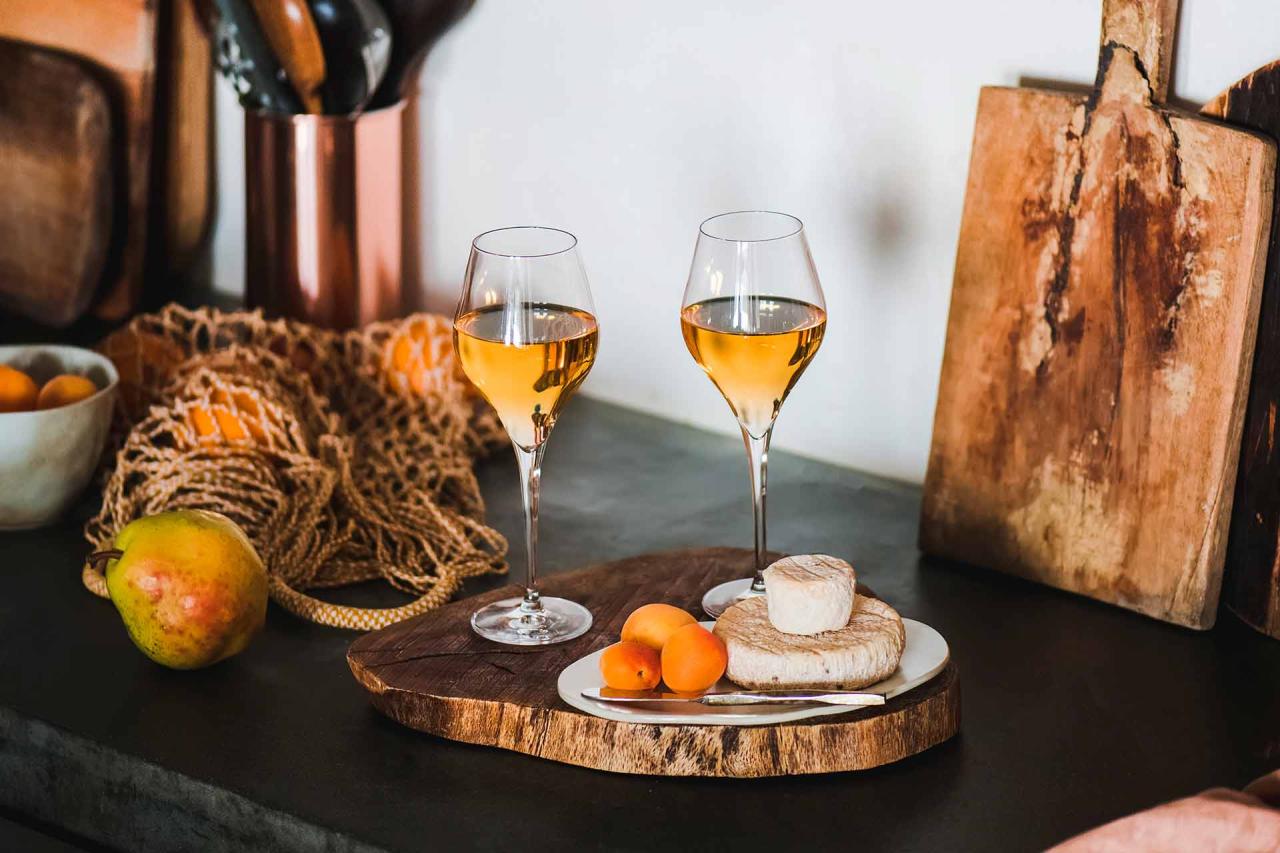In this article we’ll focus mostly on what food to serve with orange wine, while also discussing some general information about it.
In a nutshell, orange wine is a type of white wine that is made by leaving the grape skins and seeds in contact with the juice of the grapes in order to create a finished product with an orange color. The skins and seeds of the grape contain color pigment, phenols, and tannins, and by staying in contact with the juice, these ingredients are released into it, providing the characteristic orange hues.
The technique of manufacturing orange wine is thought to have originated in Georgia, which is located near the eastern end of the Black Sea. Georgia is often regarded as the place where winemaking originated, with winemaking practices stretching back at least 8,000 years. Throughout the years, Georgian winemakers would ferment local grape varieties in massive, lemon-shaped, beeswax paper-lined clay pots called qvevri, which they would then seal and bury beneath a stone floor or into the ground. However, David Harvey, a British wine importer, created the phrase "orange wine" more recently to characterize this low-intervention kind of white wine.
Slovenia is a great producer of orange wines. Its climate is warm thanks to the exposure on the Mediterrean sea and it allows the production of great wines, and the orange ones are amongst the best.
In terms of flavor, we could say that orange wine tastes like a bolder version of a white wine made from the same grape. They have been described as "bold, with smells of stone fruit and tropical fruit, nuts, ripe apples, linseed oil, juniper, sourdough, and dried citrus-fruit zest" by wine connoisseurs and wine lovers.
Get updates on the latest posts and more from Wine Bugle straight to your inbox.
What food goes well with orange wine: the basics
During the winemaking process of red, rosé and orange wines, letting the grapes stay in contact with the juice plays an important role as it enhances color, flavor, and texture. However, in white winemaking, this would normally be considered undesirable. We could say that orange wines bridge the gap between red and white wines, in a different way than rosés do, because the final product has the acidity of a white wine and the tannic profile of a red one.
You’ll definitely notice that they have stronger and bolder flavors than traditional white wines, that can sometimes be reminiscent of cider. This is why you’ll probably hear people referring to them as “funky” wines.
Orange wines can be a perfect match to a variety or dishes as they come in light-bodied, full-bodied and sparkling styles. They are very well balanced but have more backbone to them than “conventional” white wines because of their tannic content and that makes them a perfect match for heavier dishes.
Think foods that contain a variety of herbs or spices that you wouldn’t normally pair with wine, like Indian, Moroccan or Korean flavors. The high phenolic content of orange wines can also make it a perfect match to a variety of meats, from pork to game.
What food goes with orange wine
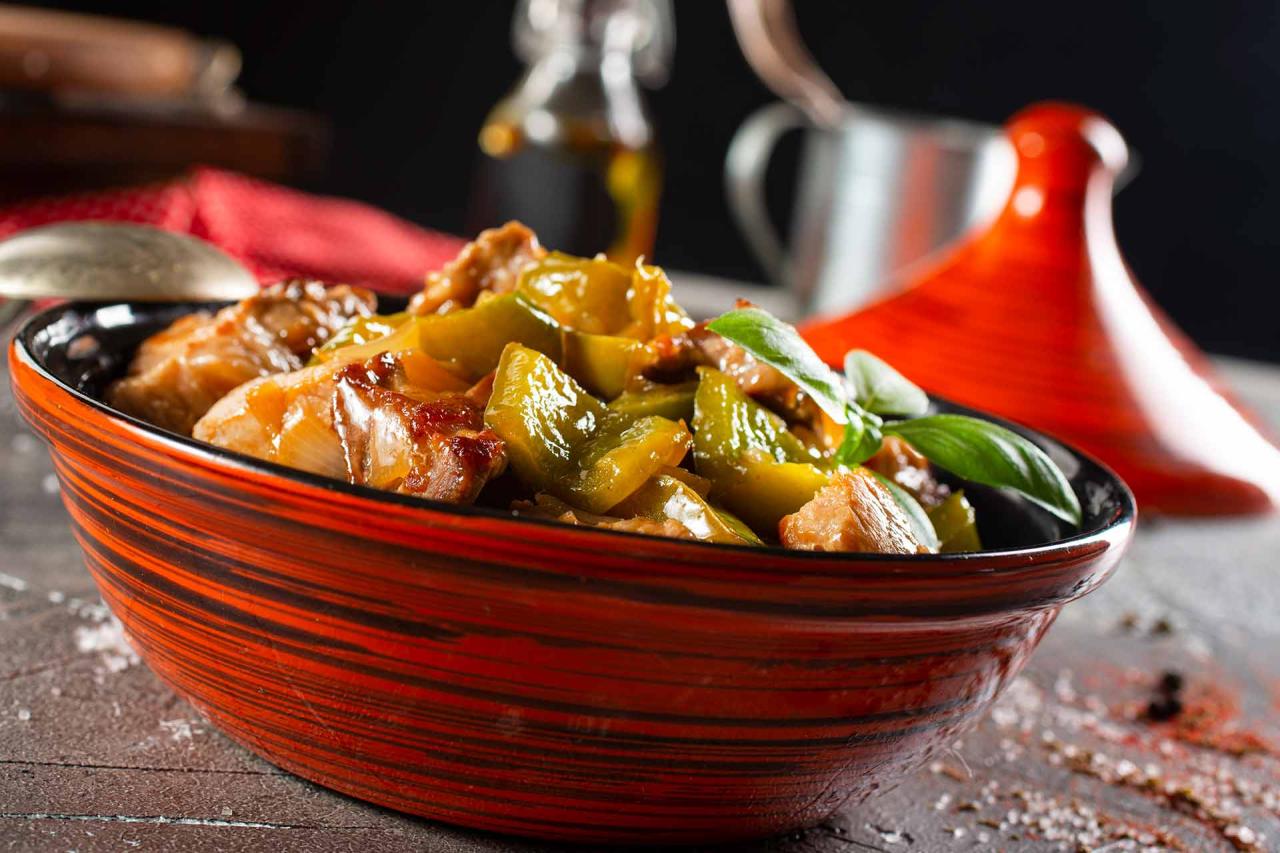
Lamb
Because of the gamey qualities in lamb, a well-seasoned Moroccan treat like Lamb Tagine or an authentic Georgian Chanakhi lamb stew with vegetables and herbs go nicely with orange wine. Orange wines from Austria created from the Gruner Veltliner grape variety are versatile and have enough "body" to complement the bold flavors of these dishes.
Our suggestion: try the deep gold colored "Orange Gruner Veltliner” by Winzer Krems, one of Austria's most significant wine producers, that has complex flavors of pepper and honey, along with a fresh finish.
Pork and Chicken
Pork and chicken are both meats that can be prepared in a variety of ways, ranging from mild to spicy. Keep in mind that if you want the flavors of the food to complement rather than be overpowered by the flavors of the orange wine, at least some spice should be added to the dish. Homemade fried chicken with a variety of spices added to the crust and braised pork tenderloin are two of the best combos with orange wine.
Our suggestion: for these dishes we recommend a lighter orange wine with a very fruity bouquet, pleasant acidity and soft tannins, like the Sun Goddess Pinot Grigio Ramato, made from 100% Pinot Grigio grapes in Italy’s northeastern province of Friuli Venezia Giulia.
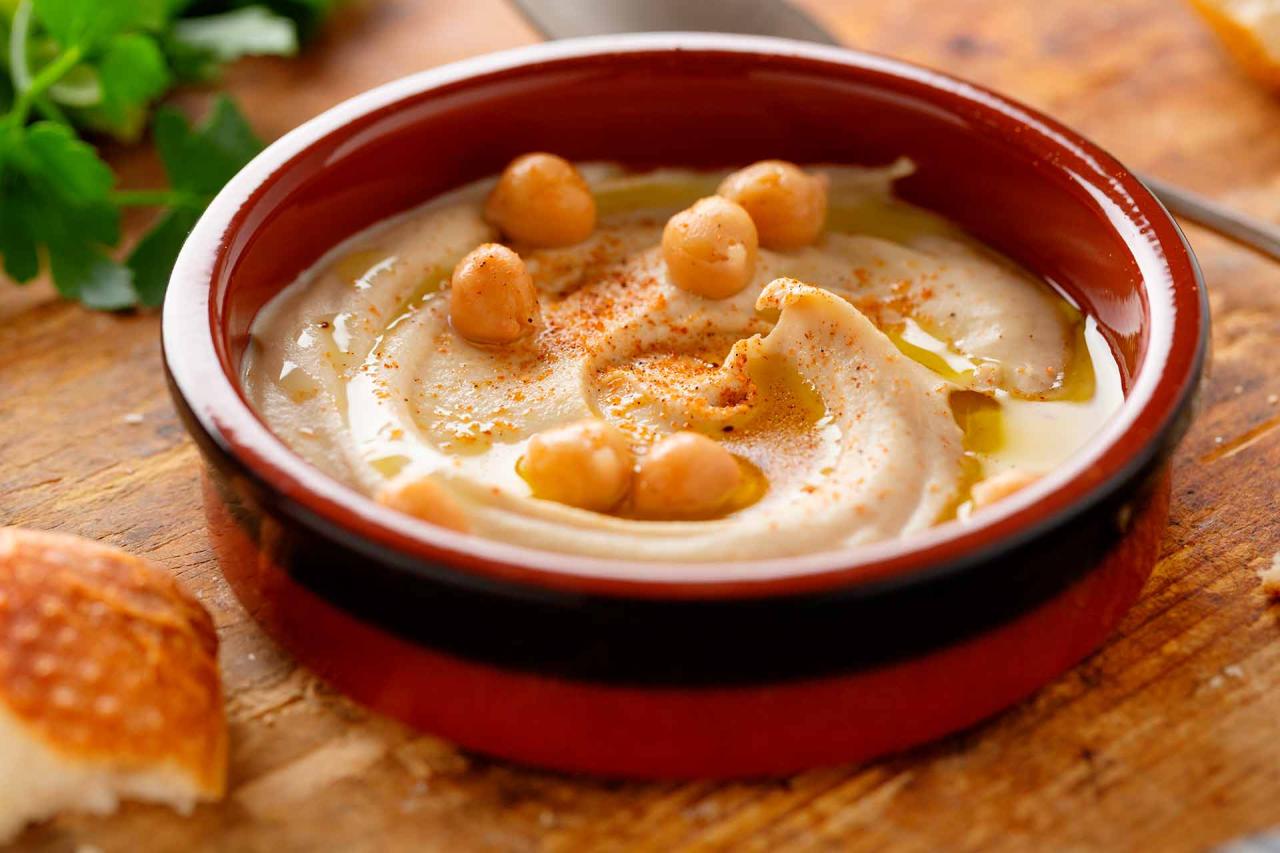
Hummus and baba ghanoush
Our vegetarian and vegan readers will be glad to learn that orange wines complement a wide selection of vegetarian and vegan-friendly foods, including these Middle Eastern treats. Orange wine can undoubtedly match the strength of the herbs and spices found in Middle Eastern cuisine. Furthermore, because raw garlic and onion are extensively used in Middle Eastern cooking, a wine with strong acidity is perfect because it can help lighten the harsh tastes of these dishes and cut through their richness.
Our suggestion: for these reasons we recommend the Gaia “Clay” Assyrtiko Orange as its intense acidity, aromas of dried fruit and honeycomb, and its noticable tannins will do exactly what it’s supposed to do.
Roasted vegetables
When it comes to pairing roasted vegetables with wine, a common myth that you’ve probably had to deal with is that the wine must be light and dry. Orange wines are here to prove this statement wrong, as they pair well with all vegetables, even ones that are notoriously hard to find a match for, including artichoke and asparagus. These funky wines even match with foods that contain vegetables along with nutty grains, like farro and couscous salads.
Our suggestion: if you’re cooking a dish with roasted vegetables you’re looking for a well balanced wine that is not too acidic or too tannic, like the Paraschos “Orange One”. Its subtle minerality and salinity will provide you with a refreshing, yet clean feel.
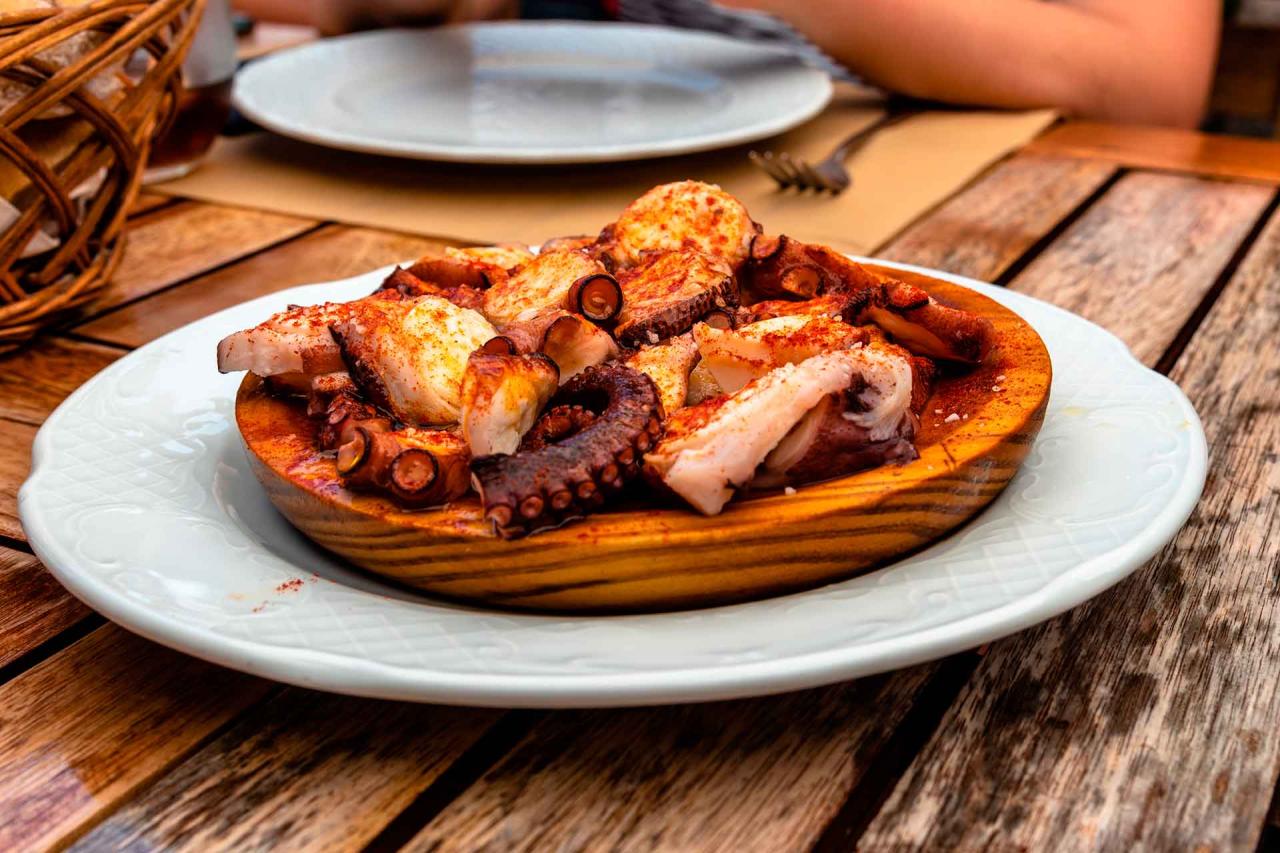
Grilled fish and octopus
Grilled fish, especially fatty ones like salmon, mackerel and sardines, need to be paired with a wine that isn’t heavy from aging in oak barrels but has some acidity and freshness. Pretty much the same thing goes for dishes with octopus, as it needs a wine with depth, strong flavors and crisp acidity to cut through its flesh.
Our suggestion: one orange wine that goes well with these dishes is “Cosmic” by Bodegas Krontiras. You’ll definitely enjoy its impressive aromas of citrus and stone fruit, along with its soft tannins and its medium-high acidity.
Indian curry
Indian cuisine tends to be intensely flavored and heavily spiced and therefore makes it necessary to pair it with a drink that is simple enough to balance out the tasting experience while not being too subtle that it gets lost in the spiciness of the curry. Wines with simple but distinct flavors are able to create balance with the complexity of Indian cuisine. However, you’re looking for a wine that isn’t overly tannic or very high in alcohol and won’t leave your mouth completely dry.
Our suggestion: we recommend pairing indian curry with the “Vin de Days l’Orange” by Day Wines. It’s a relatively low-in-alcohol orange wine, made from Riesling grapes that provides a smooth mouthfeel and a full texture that can stand up to Indian curry.
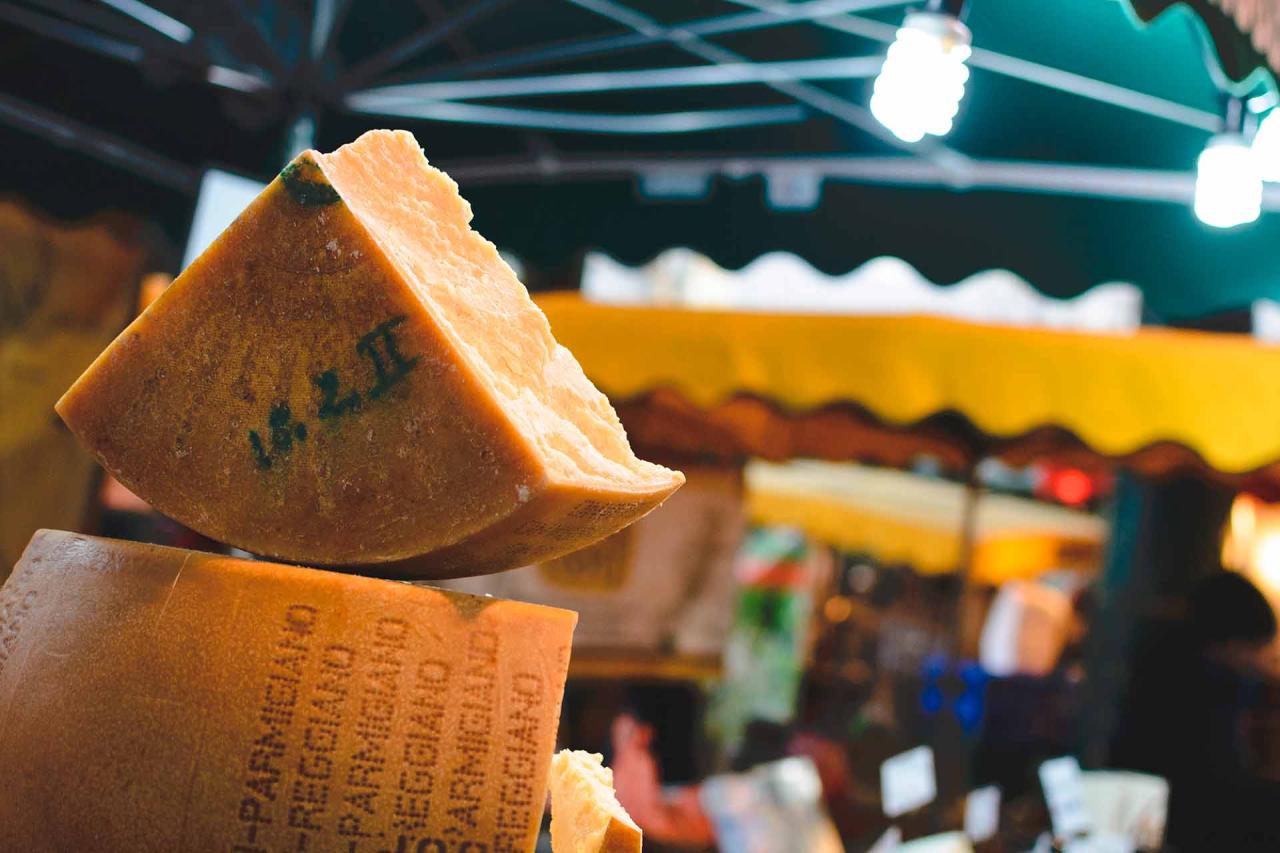
What cheese goes with orange wine
Orange wine's full-bodied tastes and tannic textures make it an excellent complement for cheeses, even those versatiles ones that don't generally pair well with wine. Semi-hard and hard sheep cheeses pair well with orange wine because of its saltiness. Parmesan is also a perfect match because the umami flavor of the cheese can balance perfectly the tannic profile of an orange wine.
Our suggestion: if you’re a fan of both wine and cheese we recommend trying the Channing Daughters “Ramato” that has a strong aromatic profile with notes of citrus and smoked tea leaves. It’s acidity will cut through the creaminess of the cheese leaving your palate ready for the next bite.
What temperatures should you serve orange wine?
Heavier, more tannic orange wines are best served when close to room temperature in order to fully bring out their flavors and complexity. We recommend chilling them to 12°C-14°C (53°F-57°F), and if their aromas aren’t quite noticeable, let them warm up for a bit before serving them. Lighter orange wines can be served at lower temperatures, ranging from 10°C to 12°C (50°F-53°F).
Conclusions
The orange wine trend seems to be only growing in popularity over the last years, and deservingly so. Not only are the wines made in a more environmentally friendly way, something that greatly concerns many consumers, but they are also very different in taste than what the average wine drinker is used to. If that weren’t enough, they’re also a perfect match to a variety of dishes that you would normally struggle to find a “conventional” wine to pair with. If you’re looking to expand your palate, you should definitely give orange wines a try.
We hope that this article has helped you learn more about what pairs well with orange wine. Grab a bottle and have a taste test to see for yourselves!

